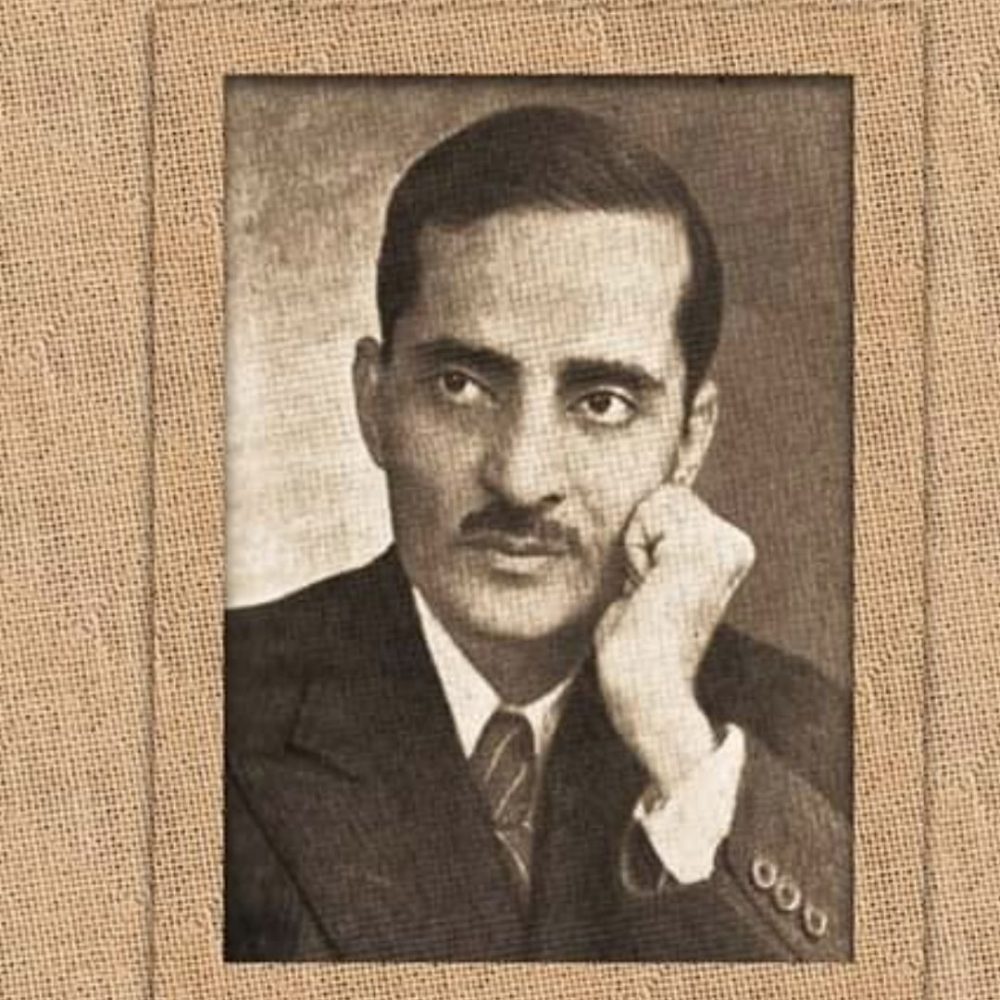
Amiya Chakravarty: Verse from the Heart of Bengal
Within the vibrant mosaic of Bengal, amidst the cadence of its rains and the whispers of the Ganges, there bloomed a poet named Amiya Chakravarty.
Born in 1921, his words were not simply inked on paper; they echoed with the music of his homeland, carrying the weight of ancient wisdom and the pulse of a nation yearning for its own voice.
The Poet and the Nation
Amiya Chakravarty was more than a bystander in India’s struggle; he was a chronicler of its soul. His youth was spent amidst the growing tide of nationalism. The air crackled with speeches, the streets hummed with protest marches. The sting of injustice wasn’t merely theoretical for him–it permeated daily life, a bitter taste impossible to ignore.
Chakravarty’s pen became his weapon. While others took to the streets, he battled within stanzas. His poems weren’t gentle elegies to a lost past. They pulsed with the rhythm of a nation awakening, demanding its rightful place in the world.
‘The Time Has Come’ wasn’t merely a poem; it was a declaration, a roar that echoed from crowded tea stalls to the hushed gatherings of revolutionaries.
Yet, Chakravarty understood that this transformative era was not all shining heroism. His poems captured the complexities – the agony of families torn apart by Partition, the fear that simmered alongside the hope, the moral ambiguities of a struggle that could not always be purely righteous. His was a nuanced voice, reflecting the pain and the promise of his homeland.
A Kaleidoscope of Words
Some might question the true impact of poems in a time of violent upheaval. But Chakravarty’s words were a form of fuel. They stoked the fires of courage in those who wavered, reminded them that their yearning for freedom wasn’t a selfish dream, but a universal right.
His verses were chanted alongside slogans, tucked into the pockets of young activists, a tangible reminder of why they fought.
His poems weren’t merely words; they were miniature universes. Imagery as lush as monsoon-soaked earth sprang from his pen, carrying within them the scent of jasmine and the bittersweet echoes of Bengali folk songs.
Yet, Chakravarty’s brilliance extended beyond the realm of his mother tongue. He was a scholar, a bridge between East and West, his understanding of English literature as profound as his own command of Bengali.
While India’s independence story boasts figures of towering political influence, Chakravarty’s contribution lay in the realm of spirit. He safeguarded the heartbeat of a nation desperate to be reborn. His poems remind us that revolution isn’t merely about changing laws; it’s about transforming hearts and minds.
Poetic Muse, Educator, and Source of Encouragement
The distinction between poet and teacher blurred beautifully in the life of Amiya Chakravarty. His classrooms were vibrant extensions of his writer’s soul, places where language was dissected, celebrated, and infused with new life.
Students who entered his domain weren’t simply taught the mechanics of English; they were initiated into its beating heart, exposed to the soaring epics of Milton alongside the lyrical beauty of Tagore.
It was this bridge-building between cultures that made Chakravarty unique. He was a translator in the truest sense, seamlessly navigating the landscape between his Bengali heritage and the literary treasures of the West.
His classrooms became spaces where East and West met, where ideas collided and ignited new patterns of thinking.
Legacy of the Poet-Patriot
While awards and the tantalizing allure of the Nobel Prize may have graced his life, Chakravarty’s true legacy lies in the generations of writers, thinkers, and simply lovers of language who were shaped by his influence.
His students didn’t simply learn lines; they absorbed his respect for words, his understanding that poetry isn’t a mere embellishment but a pathway to the core of human experience.
In this sense, his work resonates with other poets of depth and social commitment. Like Pablo Neruda, whose verses were interwoven with the struggles of his native Chile, or Maya Angelou, who used her lyrical voice to illuminate the black American experience, Chakravarty understood that a poet is not an isolated figure, but a crucial part of the fabric of their society.
His unwavering belief in the power of words to uplift and transform continues to resonate even after his passing in 2002.
Amiya Chakravarty reminds us that the truest work of a poet isn’t confined to a page. It echoes in the minds they’ve sparked, the hearts they’ve stirred, and the enduring belief in the ability of language to shape a better world.

Curious Times is a leading newspaper and website for kids. We publish daily global news aligned to your learning levels (also as per NEP 2020): Foundational, Preparatory (Primary), Middle and Senior. So, check out the News tab for this. We bring kids’ favourite Curious Times Weekly newspaper every weekend with top news, feature stories and kids’ contributions. Check out daily JokesPoke, Tongue Twisters, Word of the Day and Quote of the Day, kids need it all the time.
ME – My Expressions at Curious Times is your place to get your work published, building your quality digital footprint. And it is a good way to share your talent and skills with your friends, family, school, teachers and the world. Thus, as you will step into higher educational institutes your published content will showcase your strength.
Events, Quizzes and Competitions bring students from over 5,000 schools globally to participate in the 21st-Century themes. Here schools and students win certificates, prizes and recognition through these global events.
Sign-up for your school for FREE!
Communicate with us: WhatsApp, Instagram, Facebook, Youtube, Twitter, and LinkedIn.
0 (Please login to give a Curious Clap to your friend.)
SignUp to Participate Now! Win Certifiates and Prizes.

Login/Signup